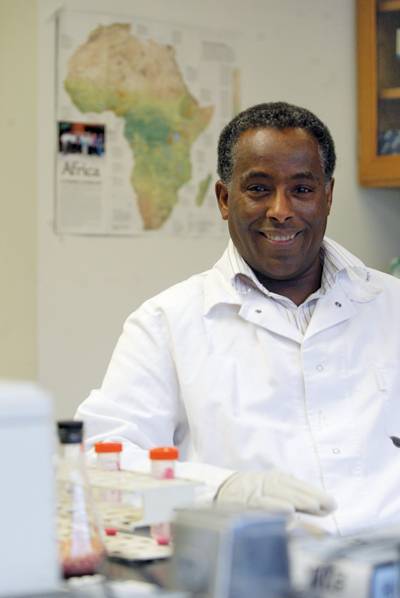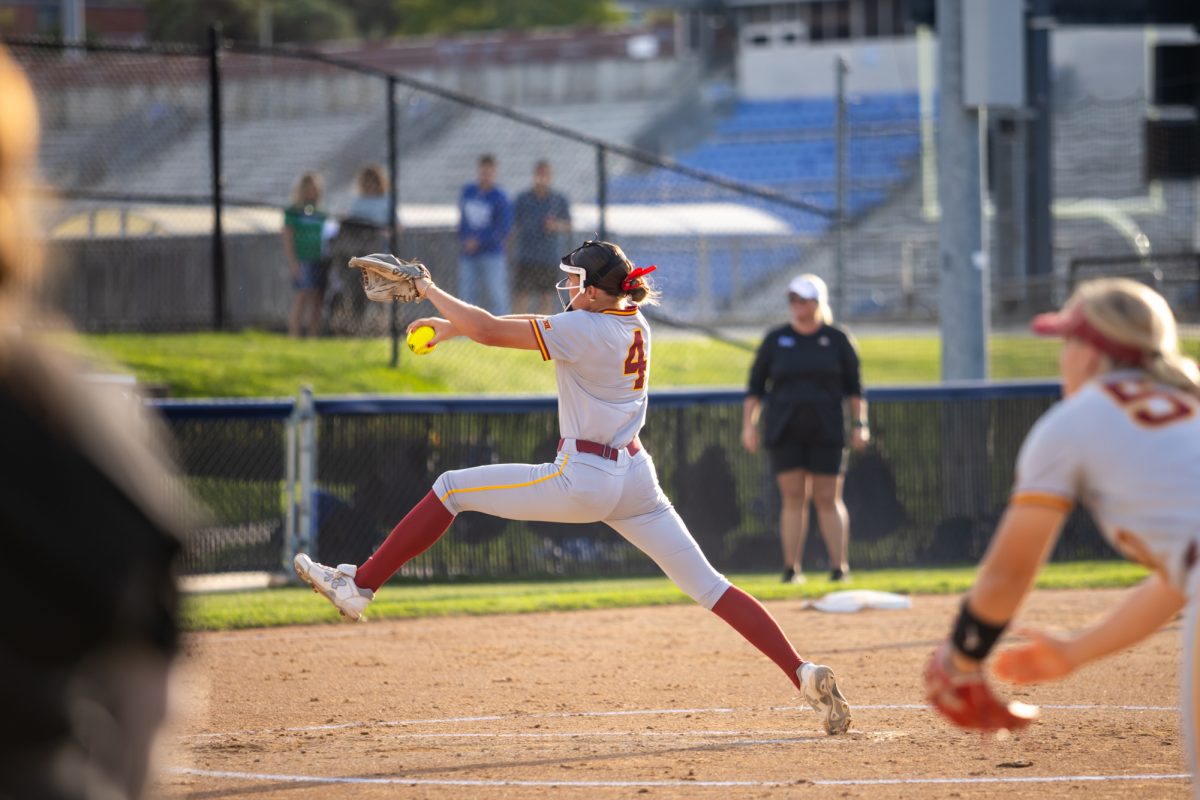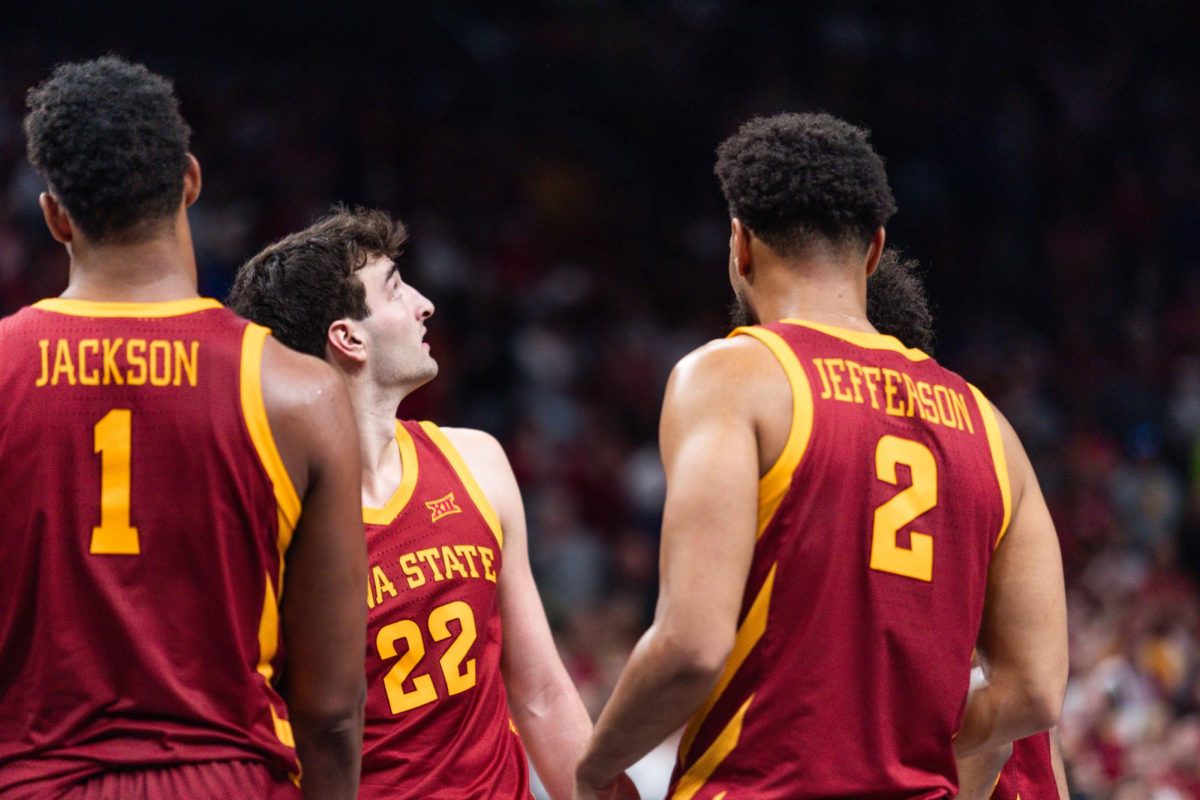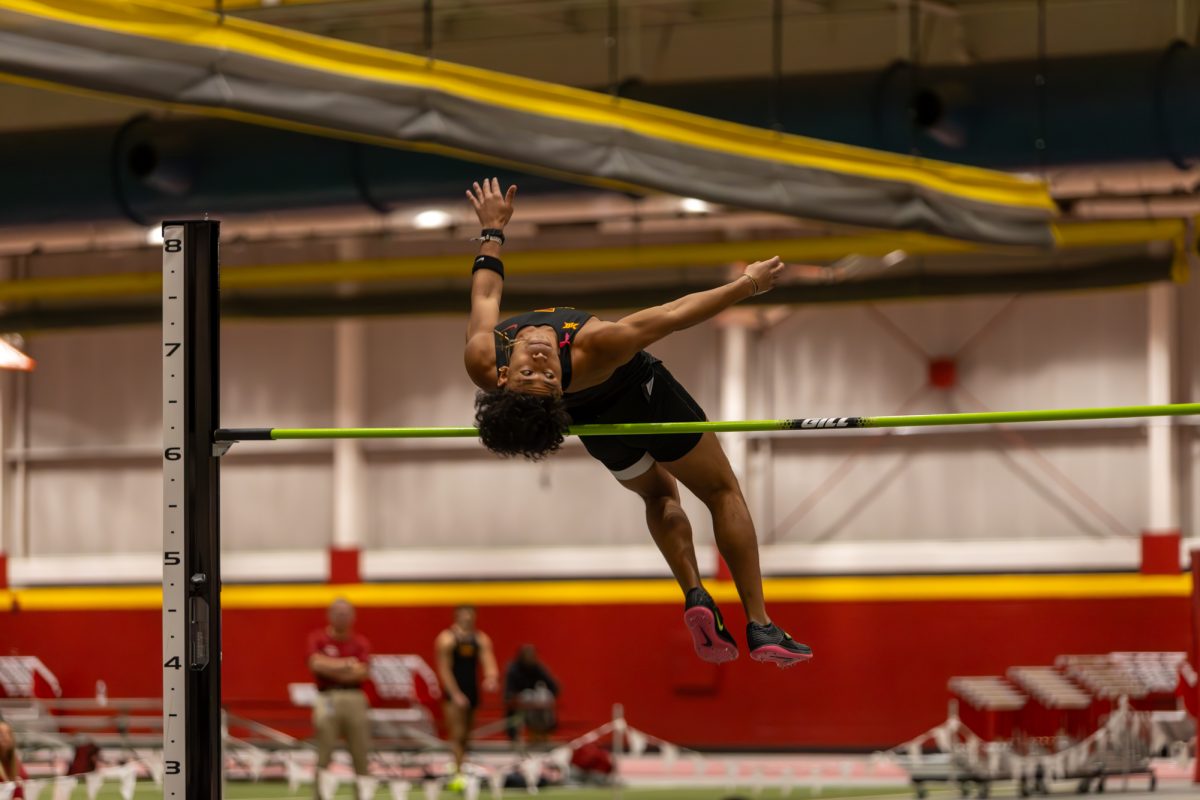Global community

Anania Fessehaie is an assistant scientist and molecular seed pathologist for the Seed Science Center. Fessehaie’s is from Eritrea, a northeastern African country that formed in 1991 after breaking away from Ethiopia. He attended high school and college in Germany before coming to the United States in October of 2002 to pursue a job offer at the University of Georgia. Fessehaie has been employed in the Seed Science Center since August of 2005. Photo: Kevin Zenz/Iowa State Daily
April 2, 2009
There are 454 faculty, staff and post-doctorate researchers from 110 different countries that are currently employed at Iowa State.
James Dorsett, director of the International Students and Scholars office, said Iowa State embraces diverse perspectives from different cultures.
“Because we are in a globalized world in which communication is possible from throughout the world, a person can apply for a job at Iowa State from anywhere,” Dorsett said. “In general, the main thing [the university is] looking for is the best person for the job, but just based on the way things work out, oftentimes … the best person for the job may be from another country.”
He said jobs at Iowa State are advertised online, which allows for international scholars to apply for available positions.
“Because of that, we have a very diverse group of people in the faculty and staff ranks of this university,” Dorsett said. “The ability of people to learn from people throughout the world is something that is not lost in the process.”
Most international scholars from Iowa State are from Asian countries and Europe. Dorsett said this is similar to the composition of international students at Iowa State, because graduate students who come to Iowa State will usually get hired for teaching positions after they graduate.
Deb Vance, administration coordinator for the International Students and Scholars office, said the department with the most international professors is electrical and computer engineering, with six. However, the department with the largest total of both international faculty and staff is the Ames Laboratory, with 27.
Dorsett said there are occasionally challenges when hiring an international scholar to work at Iowa State. He said some professors may have a hard time adjusting to the American education system. In the American system, he said, students are accustomed to more interaction with their professors, which may not apply to all countries’ systems.
He also said language may occasionally become a barrier for international scholars because Iowa State does not have a specific requirement for level of English proficiency.
One of the 454 international employees is Anania Fessehaie, a postdoctoral research associate at the seed science center — experiment center. Fessehaie was born in Eritrea, a small country of three million in Africa, which up until 1991 was a part of Ethiopia. Fessehaie immigrated to Germany to study plant pathology at the Georg-August University in Gottingen. He also spent time living and working in Canada.
Fessehaie was recruited to work at Iowa State in 2005 while he was conducting research at the University of Georgia in Athens.
His accent is distinctive, but he said that he and his wife have not had difficulty communicating with native speakers of English.
“It was a smooth transition,” Fessehaie said. “We never felt like we were alone.”
Fessehaie said moving to Iowa was a good experience, and said he was pleased by the welcoming atmosphere of Ames. One thing about moving to Iowa that struck him was the liberalism of the region.
According to the International Students and Scholars Web site, the mission is to “assist international students and scholars with maintenance of their immigration status, U.S. employment regulations, and provide support with social, cultural, financial, and personal concerns.” Dorsett said the office accommodates scholars however they can.
By the numbers
Faculty: 262
Staff: 172
Post-doctorate research: 18
Students: 2,906
Total number of international scholars and students: 3,358
Top countries ISU international scholars are from
China: 155
Korea: 67
Turkey: 51
—Information from Deb Vance
Three immigration categories are allowed to work at Iowa State:
U.S. citizen — A person who is born in the United States, or becomes a citizen
Permanent resident — A person who has gone through the rigourous process with immigration services and has the right to stay in the United States.
Non-Immigrants — People with different levels of Visa statuses. F-status: general international student; J-status: student or scholar or researcher who is working temporarily; H-1 status: specialized worker. This includes people who are working overseas who come temporarily to teach or do research at Iowa State. They are allowed to work at Iowa State for up to six years.
—Information from James Dorsett






